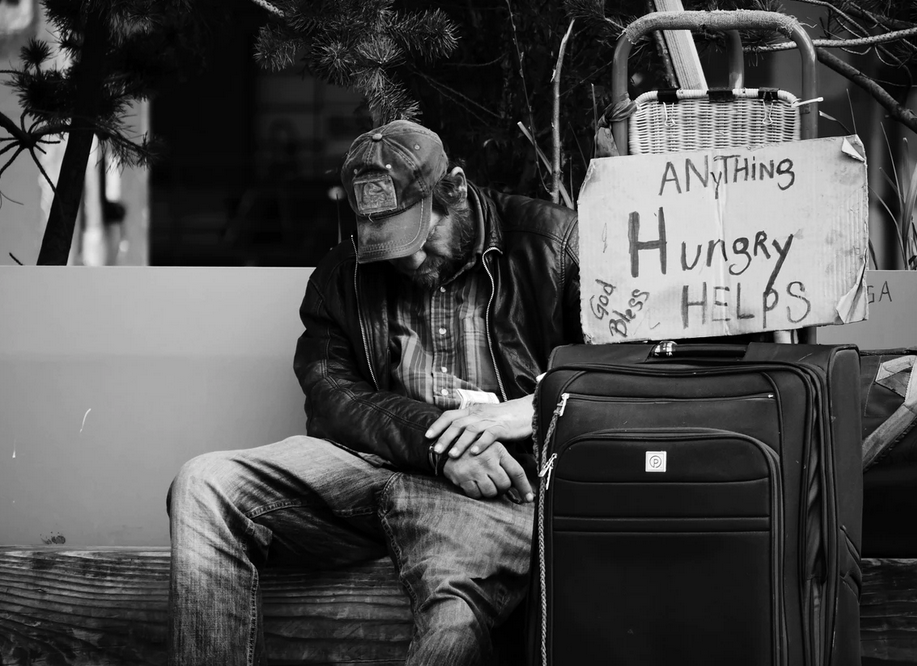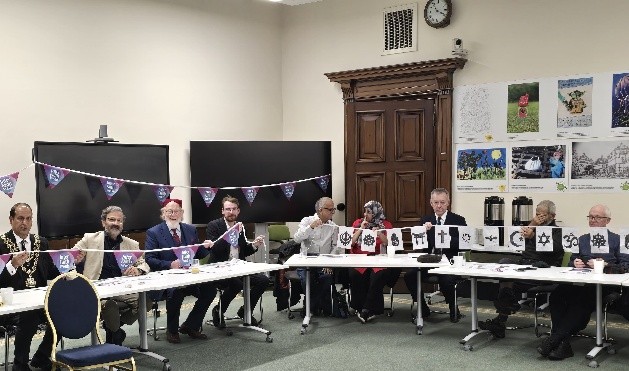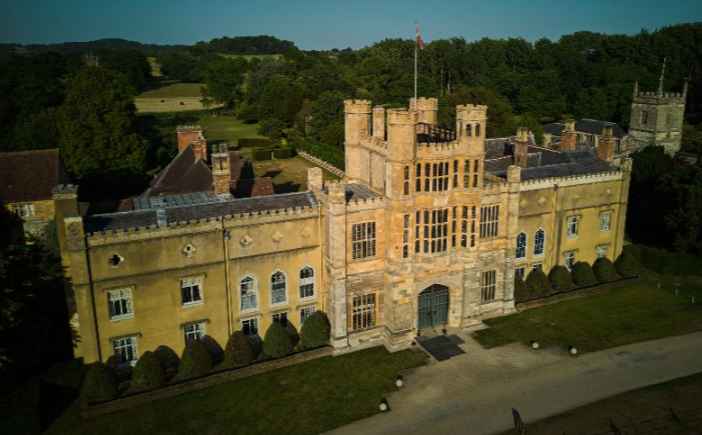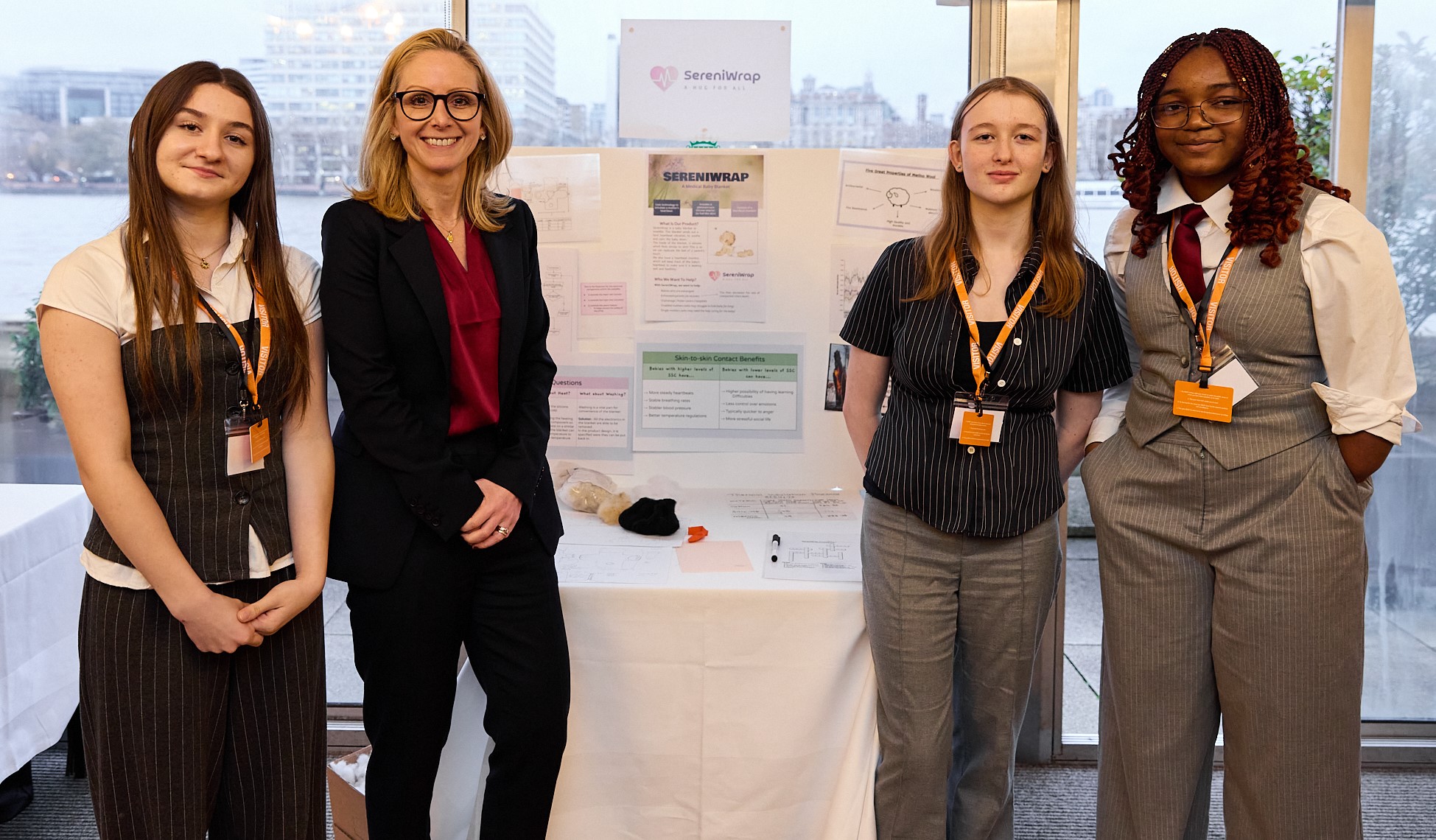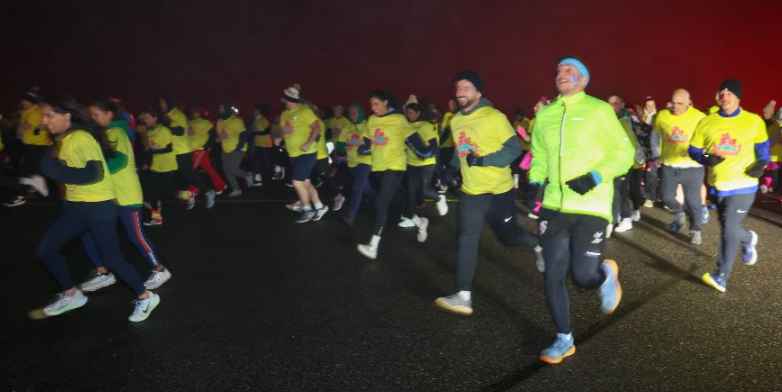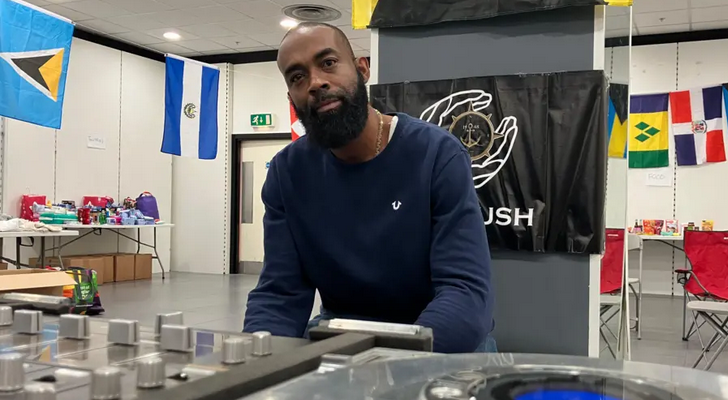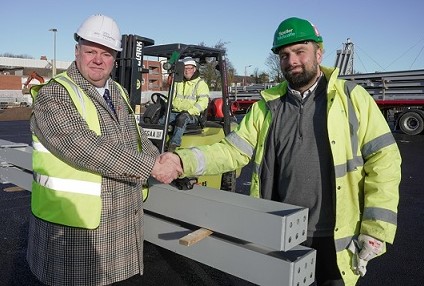The mental health needs of some of Birmingham’s most vulnerable people are being given extra support after NHS Birmingham and Solihull Clinical Commissioning Group (CCG) secured £2.5m from NHS England.
The funds are being used as part of a five-year scheme to support the mental health of the city’s rough sleepers, in a project being led by Birmingham and Solihull Mental Health NHS Foundation Trust (BSMHFT) working in partnership with Birmingham City Council’s Rough Sleeper Taskforce.
The project will see a specialist Rough Sleepers Mental Health Team working on the streets, providing assessment and treatment of poor mental health for men and women over the age of 16 years old sleeping rough in the city. By supporting their mental health, it is hoped these rough sleepers will be healthier and more receptive to receiving other support, such as hostel accommodation.
The team will be made up of a consultant psychiatrist, a consultant psychologist, a clinical psychologist/psychotherapist, and community mental health nurses. A clinical team manager and administration support will also be provided.
The Rough Sleepers Mental Health Team is also working with organisations such as hostels and drop-in centres that support the homeless. The team is advising these providers on how to be more aware of homeless people’s mental health needs; creating more psychologically-informed environments, with the objective of breaking the cycle of people leaving accommodation and becoming rough sleepers because of a lack of awareness of their mental health needs.
The project will complement the services already provided by GPs and nurses at the Health Exchange, a GP practice that works with people and communities who are homeless to achieve better health and wellbeing, and BSMHFT’s long-standing Homeless Community Mental Health Outreach Team.
The Birmingham Rough Sleeper Outreach Team has been in place for several years. However, last December, a new provider was commissioned. Simultaneously, the service was expanded in terms of the number of outreach workers (from four to 12) and the area which they cover expanded from the city centre to city-wide. As part of the team’s activity, a daily tasking meeting takes place which is attended by representatives of the council, the police, Trident Reach, and the Change, Grow, Live drug and alcohol service, as well as the nurse practitioner attached to the team.
Joanne Carney, NHS Birmingham and Solihull CCG’s Director of Joint Commissioning responsible for mental health, said: “I am delighted we have managed to secure this substantial funding from NHS England funding targeted specifically to address rough sleeping.
“The new team provides an innovative way of supporting rough sleepers. By working closely with our partners in the city, we can reach out directly to those with mental health needs, provide assessment and link in with GP practices around treatment needs.
“This support will increase the likelihood of rough sleepers moving into accommodation and hopefully being able to live a healthier life.”
Giles Tinsley, programme director for mental health at NHS England and NHS Improvement in the Midlands said: “While the NHS cannot solve homelessness on its own, it is working hard to make sure rough sleepers have easy access to services that are built and designed around their needs – putting an end to the revolving door of trauma care.
“Many rough sleepers have been through incredibly traumatic experiences which can cause mental ill health or exacerbate problems – often impacting on the type of support they need and this is about stopping people slipping through the net.”
Vanessa Devlin, Executive Director of Operations, Birmingham and Solihull Mental Health NHS Foundation Trust, said: “Receiving this extra funding is great news and means we can give more resources and time to the city’s rough sleepers, focusing on improving their mental health and supporting them on their journey to recovery and a more stable lifestyle. We already work very closely with this community and have a good understanding of the issues they face. We’re very happy to be leading on this innovative work with our partners.”
Cllr Sharon Thompson, cabinet member for homes and neighbourhoods, Birmingham City Council, said “Our approach to supporting rough sleepers in Birmingham is to be as flexible as possible. This means listening to them and understanding their needs and from there, changing our services to best support them. With mental health at the forefront of these needs, I’m absolutely delighted that we have been granted additional funding to further expand the help available.”



